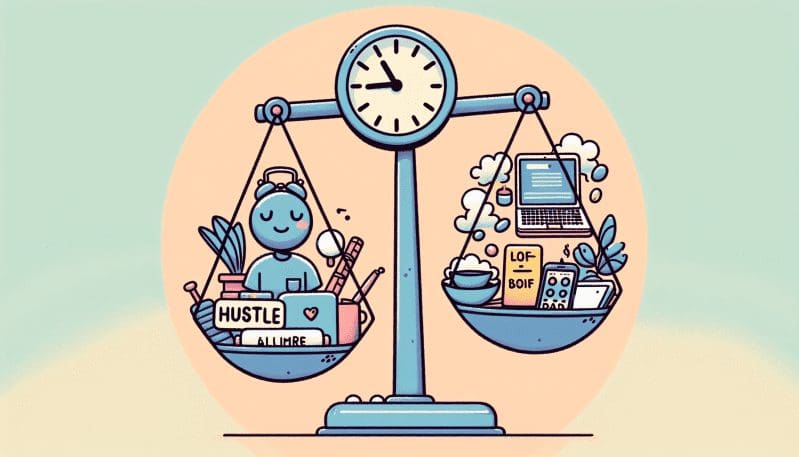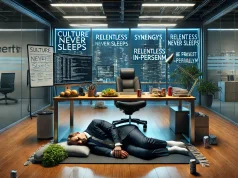In the modern lexicon of the working professional, ‘self-care’ has been etched as a mantra, a beacon of respite in the frenetic realm of 9-to-5s and beyond. Yet, as our workdays bleed into night and the delineation between personal and professional life grows ever more tenuous, one must beg the question: Is self-care just another illusion in the grand theater of the hustle culture?
It’s a truth universally acknowledged that an employee in possession of a full-time job must be in want of a work-life balance. The readers of esteemed publications such as The Washington Post, The New Yorker, and The New York Times are no strangers to the continuous juggle between career aspirations and the pursuit of wellness. For these individuals, who are often at the forefront of societal change, navigating the self-care narrative requires a discerning eye and a strong sense of self-advocacy.
The glorification of the hustle is not without consequence. It promotes a worldview that equates productivity with worth, often sidelining the very essence of self-care. Yet, in this labyrinth of ambition, lie marketed quick fixes by the wellness industry, promising respite in a bottle of essential oil or a 10-minute meditation app session. These superficial solutions offer momentary comfort, but seldom address the systemic issues that encroach upon our well-being.
As custodians of the workplace culture, employers bear a significant responsibility in this intricate dance. The corporate chants of ‘we value your health’ must transcend beyond the performative into the realm of action. Case studies from visionary companies reveal the tangible benefits of effective wellness strategies – from flexible work arrangements to mandatory leave policies. These are the narratives that redefine success, not by the hours logged, but by the vitality of the workforce.
For the individual worker, the journey to authenticity in self-care is often mired by the pressure to always be ‘on.’ Advocacy begins with a nuanced understanding of one’s needs beyond the office realm, and the courage to request them. It’s a plunge into setting boundaries, daring to disconnect, and reimagining a work ethic that doesn’t compromise health for ambition.
The future of the workplace hangs in the balance of this crucial dialogue. As we peel back the layers of the self-care illusion, we find at its core the transformative power of redefining productivity. It is here where mental and emotional health are not just adjunct to our success—they are fundamental to it. The landscape of work is undergoing a seismic shift, and it is incumbent upon both employers and employees to steer this change. Together, we have the power to dismantle the hustle culture and erect a new paradigm wherein self-care is an unalienable right, not just a trending hashtag.
This conversation is more than a call to arms; it’s an invitation to reflect and reshape the fundamentals of our daily grind. For the readership that seeks depth and nuance, that pursues truth and transformative narratives, this dialogue is a beacon in the murky waters of workplace wellbeing. It’s time to challenge the status quo and redefine the very essence of what it means to work, to live, and to thrive.




























